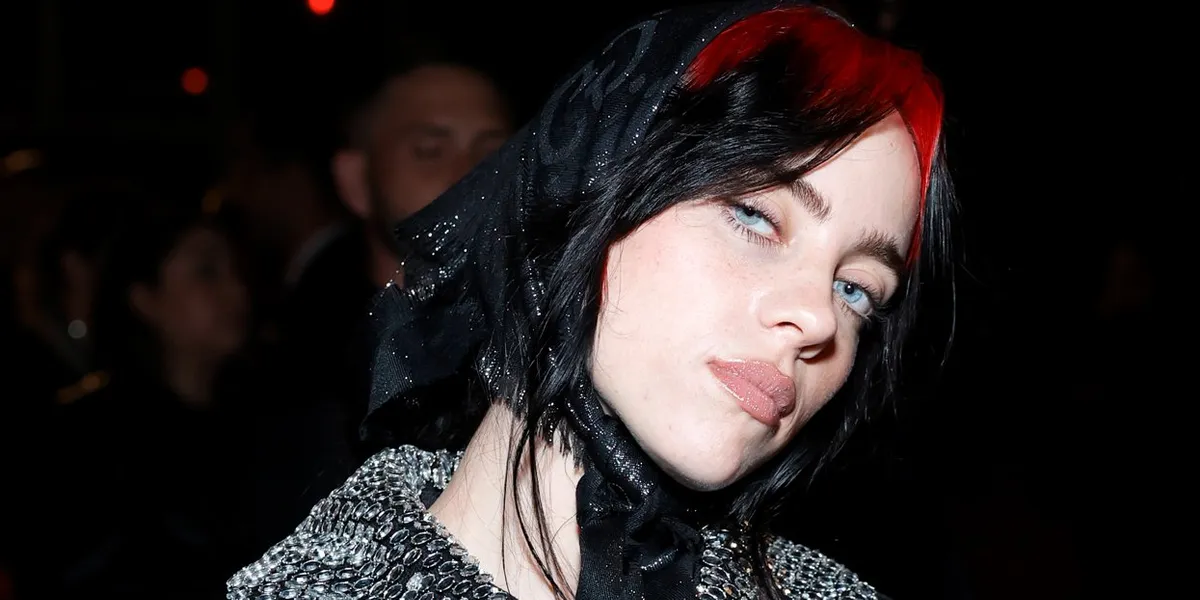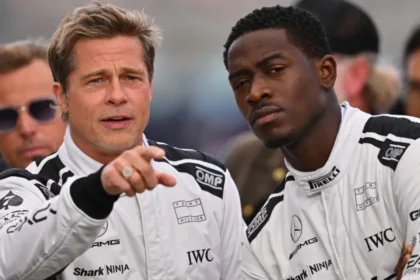Billie Eilish, the renowned 21-year-old songstress, known for her unapologetic persona, recently found herself in the eye of a social media storm. Following her candid revelation about her sexuality during a red-carpet appearance at Variety’s Hitmakers event on December 2, Eilish witnessed a significant exodus of over 100,000 Instagram followers.
During the event, Eilish openly discussed her attraction to women, confirming her previous statements in a Variety interview. The aftermath was swift, with an initial drop of nearly 10,000 followers on the day of her disclosure. The social media exodus continued, escalating to an additional 75,000 followers departing the next day, and nearly 50,000 more on the subsequent Monday.
In response to the unexpected fallout, Billie Eilish took to Instagram to express her thoughts. She thanked Variety for her award but highlighted the unconventional timing of her outing on the red carpet at 11 am. In her post, she emphasized her plea for understanding, stating, “I like boys and girls; leave me alone about it, please. Literally, who cares? Stream What Was I Made For.”
Eilish also took a unique stance on the concept of ‘coming out,’ expressing disbelief in the necessity of such declarations. She questioned why people couldn’t just exist without the need for labels, casually remarking, “I saw the article, and I was like, Oh, I guess I came out today. I guess people didn’t know, so it’s cool that they know… I am for the girls.”
However, not all reactions were positive. On Instagram, some users responded with negative comments, labeling the singer as ‘disgusting’ and announcing their decision to unfollow her. Some suggested that Eilish may not fully grasp the meaning of ‘coming out,’ while others emphasized the professional aspect of the interaction, defending the interviewer’s role.
Billie Eilish’s revelation about her sexuality has ignited a social media conversation about acceptance, labels, and the consequences of public disclosures. As the singer faces both support and criticism, the incident raises important questions about the intersection of personal identity, public figures, and the role of social media in shaping public opinion.




